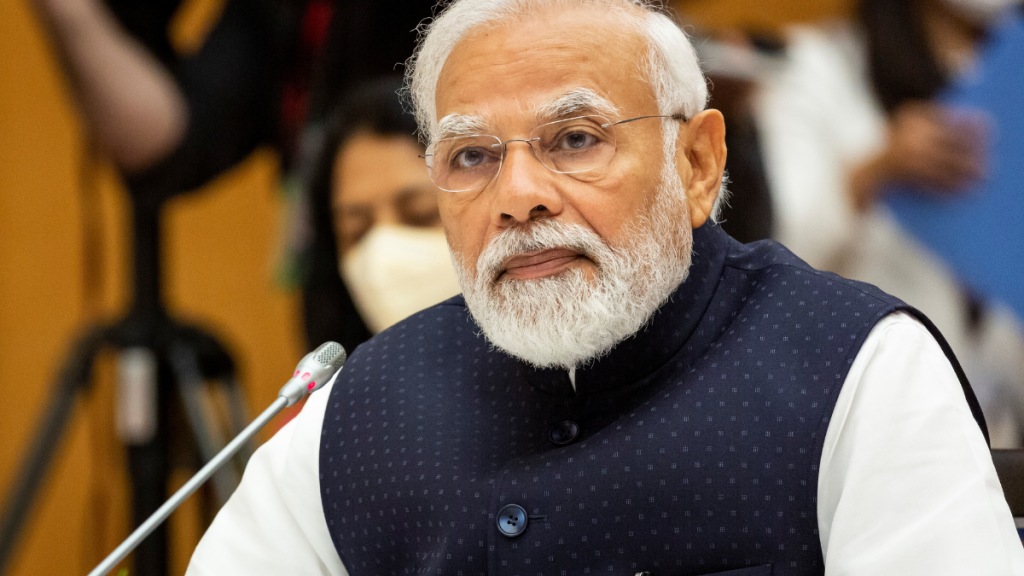Just a few months before his landslide victory in the 2019 Lok Sabha elections, Prime Minister Narendra Modi told a townhall meeting that he did not believe in the culture of criticising Indian industry. A few months before that, he said he was not scared to be seen with industrialists as his conscience was clear and that they too had contributed to the development of the country.
In that context, it was a surprise that in a campaign speech this week, the PM chose to name two of the country’s biggest business houses and wondered whether the Congress party has suddenly become silent on its constant criticism of the duo in exchange for “truckloads of black money”. He asked Rahul Gandhi and his party to declare how much they have received from Adani and Ambani.
By making the bribery accusation, Modi may be seeking some political brownie points by turning the tables on Gandhi. But the question is should the country’s PM make such serious, specific allegations against two industry groups without submitting any evidence? If there is evidence, a democracy demands that it be made public and appropriate action taken. In any case, the ruling party hasn’t shied away from using investigative agencies to probe what it calls rampant corruption among opposition parties. So the truckloads of money that have allegedly reached the Congress office should have been stopped and made public long ago.
The Congress and Gandhi, in particular, have of course been totally irresponsible in their incessant allegations against the PM for being hand in glove with the industrialist duo. The point is simple: whatever be the suspicion, nobody has the right to throw mud at anybody without substantiation.
It was in fact quite shameful that a Congress spokesperson boasted the other day that Gandhi has spoken 103 times about Adani and 30 times about Ambani between April 3 and May 8, as if that was a trophy to be displayed. There have been several allegations against the industrialists concerned, and a probe is on by the market regulator against the Adanis, but allegations alone shouldn’t give anybody a licence to accuse them of bribing their way into the corridors of power.
Of course, this is nothing new. That business and industry share a symbiotic relationship with politics is an open secret, creating the conditions for corruption and cronyism. In fact, the year 1968 was a turning point in the history of election finance in India when Indira Gandhi outlawed corporate donations to political parties, but did not move towards state funding as a substitute, as is true of most continental democracies. In India, judicial systems are slow and political influence and connections remain critical for such basics as land acquisition, water connections, licences and permits.
A recent example of crony capitalism was the list of electoral bond buyers. Most of the money donated through the bond scheme came from 17 companies after they faced—either directly or through their subsidiaries—investigations for tax evasion, fraud or other corporate malfeasance. Several companies donated amounts far in excess of their annual profit or revenue. And the beneficiaries were almost all important political parties—both national and regional. But the point remains that this trend of loose allegations against businesses must end. In 2015, Modi asked a group of businessmen: “Why has your appetite for risk-taking diminished?” Part of the answer lies in the allegations made by the PM himself and the Congress leader.
(Views are personal)


